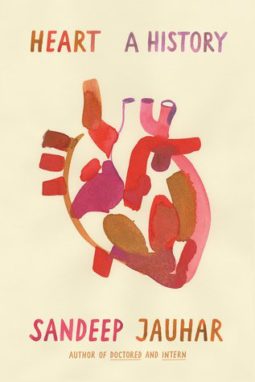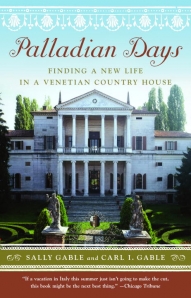This review contains affiliate links, which earn me a small commission when you click and purchase, at no extra cost to you. Thank you for supporting my small business and allowing me to continue providing you a reliable resource for clean book ratings.
In popular culture, the heart is inextricably entwined with feelings, even though we know today that emotions don’t originate in this powerful organ that pumps blood nonstop for decades. But its work and its health are very likely more tied to our feelings than researchers in recent decades had thought. We’ve quite possibly reached a point where addressing risk factors like smoking and eating a poor diet, not to mention using now-standard interventions, have stopped making a big reduction in the incidence of heart attacks and the numbers of cases of heart disease, cardiologist Sandeep Jauhar says. Our approach now must include lifestyle changes that reduce the negative emotions and stress that are harming our hearts.
This isn’t to say Heart: A History doesn’t spend most of its pages going over the history of how the heart has been seen by various cultures and medical practitioners and the advances in treating it. Jauhar says, “This book is about what the heart is, how it has been handled by medicine, and how we can most wisely live with — as well as by — our hearts in the future.” He shares the stories of innovators, largely in the past century or so, who developed the tests and treatments used widely today, such as the pacemaker, the internal and external defibrillators, and angiograms and angioplasty. Jauhar also shares his own story and that of his family; both of his grandfathers died of heart attacks. He talks about his subsequent fascination with the heart even as a boy and about his training and work as a cardiologist.
The whole book is informative and easy for the non-medical reader to understand. Jauhar is a skilled and experienced writer and while I have his other books on my to-read lists, I have yet to get to them, so I am glad I had the opportunity to read this one. I found myself relating interesting tidbits and reading passages aloud to my husband, which is always a good indication that a nonfiction book is catching my interest and getting my train of thought moving. It’s educational in a non-textbook way and, once again, a reminder to us all that we must do better to take care of ourselves emotionally to truly take better care of this organ that has yet to be replaced — since even though, as the book also talks about, teams have tried to craft and implant a mechanical heart, no one has lived very long using one.
Rated: Moderate, for one use of strong language and one use of more moderate language. There is also a section where the author describes some of his experience volunteering at Ground Zero after 9/11, and there are a few pages that contain some detailed and potentially disturbing descriptions of bodies and parts found there.
*I received an ARC of this book in exchange for my honest review.
Click here to purchase your copy of Heart: A History on Amazon.




